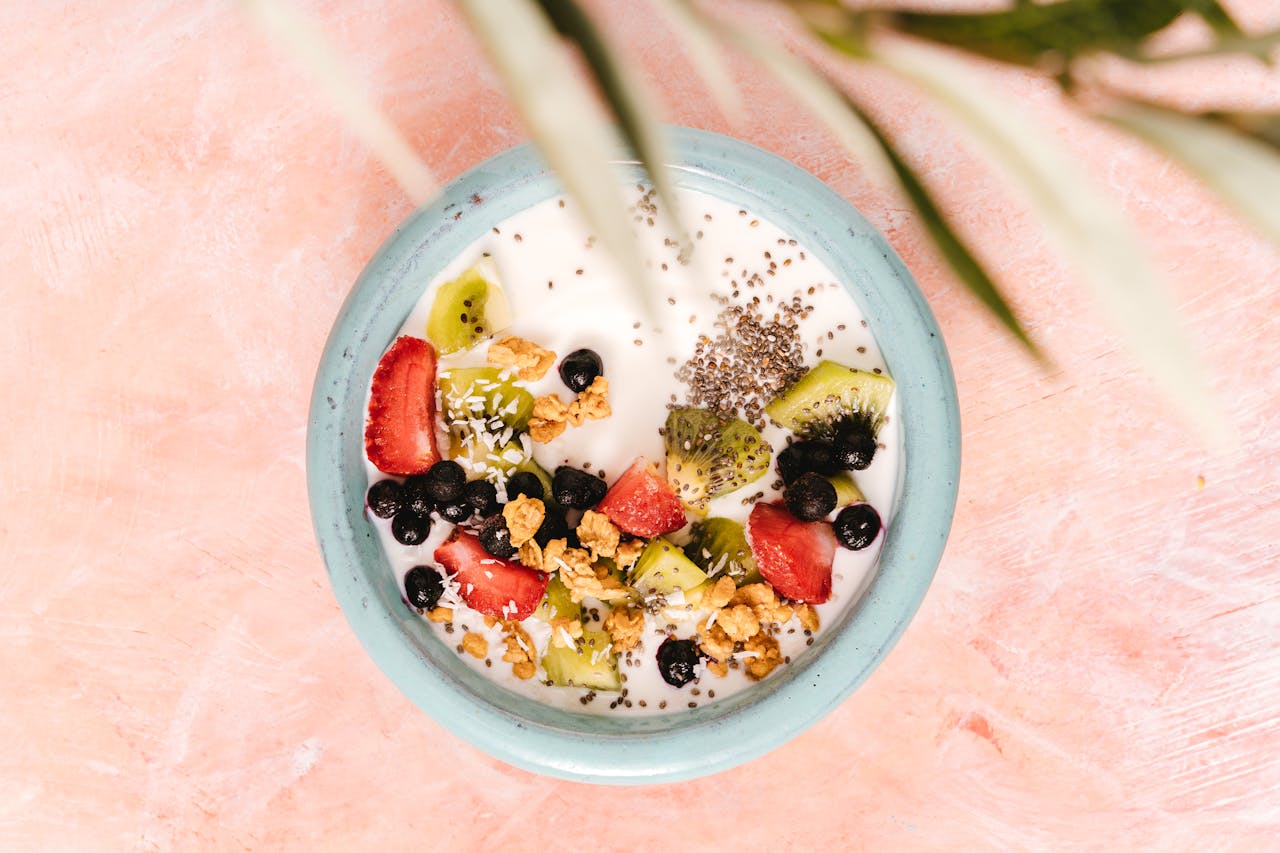Have you ever had a “gut feeling” about something—or noticed that stress seems to upset your stomach? That’s not just in your head. There’s a strong connection between your gut and your brain, and it plays a big role in how you feel both physically and emotionally.
Let’s explore how your gut health can impact your mood—and what you can do to support both.

Meet Your “Second Brain”
Your gut is home to the enteric nervous system, a complex network of nerves often called the “second brain.” It communicates with your brain through the gut-brain axis, a two-way messaging system using nerves, hormones, and even gut bacteria.
This means your brain can affect your gut (ever had an upset stomach before a big event?), and your gut can also influence your brain—impacting your mood, energy, and even mental clarity.
The Role of Gut Bacteria in Mood
Inside your gut live trillions of bacteria that help with digestion, immune health, and surprisingly, emotional balance. These microbes help produce important brain chemicals like:
- Serotonin, often called the “feel-good hormone”
- GABA, which helps you feel calm
- Dopamine, involved in motivation and pleasure
In fact, about 90% of your body’s serotonin is made in the gut—not the brain!
When your gut bacteria are out of balance (due to stress, poor diet, or antibiotics), your body may produce fewer of these mood-regulating chemicals, which can contribute to feelings of anxiety, irritability, or low mood.

How to Support a Happier Gut—and a Better Mood
The good news? You can take simple, daily steps to support your gut health and, in turn, improve your mood.
1. Eat More Fiber-Rich Foods
Fiber feeds the good bacteria in your gut. Eat lots of:
- Vegetables (especially leafy greens, broccoli, carrots)
- Whole grains (like oats, brown rice, quinoa)
- Beans and lentils
- Fresh fruits (like apples, berries, bananas)
2. Add Probiotics and Fermented Foods
Probiotics introduce healthy bacteria to your system:
- Yogurt with live cultures
- Kefir
- Sauerkraut or kimchi
- Miso or tempeh
If these are new to you, start with small amounts to see how your body reacts.

3. Limit Sugar and Highly Processed Foods
These can feed “bad” bacteria and increase inflammation in the gut.
4. Manage Stress
Chronic stress affects both your gut lining and your good bacteria. Try:
- Walking or gentle movement
- Deep breathing
- Talking to a friend or care team
- Short meditations or quiet time
5. Get Good Sleep
Your gut bacteria have their own rhythm—sleep helps keep them balanced.
Takeaways
Your gut and brain are deeply connected. Taking care of your digestion can do more than ease bloating. Eat better, and feel better!



